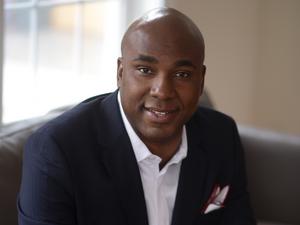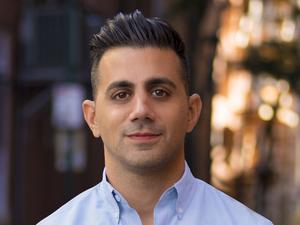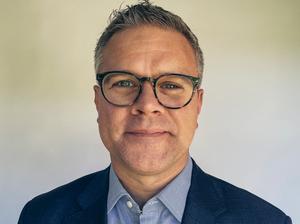
Philly Startup Leaders is scrapping its programming lineup and launching a new set of startup accelerators focused on the cannabis industry and ethical entrepreneurship.
The nonprofit will launch its two new accelerators in the spring, with 10 spots open for each program. Applications for the “Cannabiz” accelerator opened last week, and the ethical entrepreneurship application window will open Jan. 10.
Philly Startup Leaders’ flagship idea-stage accelerator, Founded in Philly Series I, will have its 10-week format replaced by a workshop program scheduled for the weekend of Feb. 18. It will kick off two other accelerators in the fall focused on industrial innovation and consumer packaged goods.
The changes are all designed to make Philly Startup Leaders’ programming more accessible, Executive Director Isabelle Kent said. PSL’s current slate of programming attracts a group of startups from a range of industries, which can make it difficult for the nonprofit to secure speakers or mentors that could benefit the cohort, Kent said.
The accelerator focuses were chosen because they were scaleable in sectors that can be developed in Greater Philadelphia and get exported to other regions, Kent said. The ultimate goal of the program is to build companies that can scale outside of the city and to import new resources like investors or clients into the area.
“The one thing that we recognize is that Philly is so close-knit and it's so localized, which can be a beautiful thing,” she said. “But it also hinders Philly’s ability to grow because we're just recycling finite resources, and that's always been a cultural hindrance of our city. People really get stuck when they scale here.”
PSL wanted to put more of a focus on emerging industries in Greater Philadelphia. While the region has a great reputation for its “eds and meds,” there are other sectors like e-commerce, robotics and enterprise tech that are driving innovation and investment, Kent said.
By steering away from education and health care startups, the accelerator can also better serve founders who may not have had a formal postsecondary education, she said. Serial founders in education and health care oftentimes need a college degree to get growth capital, but consumer brands have a lower barrier to entry because they don’t require that same level of education.
The cannabis accelerator won’t focus on the cannabis flower business, but rather adjacent companies that support the industry — like grow-light manufacturers, inventory management systems, supply chain, testing and clinical trial software, and more.
“Anything that might touch this evolving industry but more in a supportive fashion,” Kent said.
Industrial hemp growing presents a large opportunity, she said, and the hemp industry is expected to bring in $12 billion in revenue in the U.S. by 2028, according to Grand View Research. Consumable cannabis beverages and edibles are also set to have enormous growth in the next few years, and food innovation is an opportunity in the region, she said. There’s also less liability and less of a barrier to entry for entrepreneurs looking to work adjacent to the cannabis industry rather than in the competitive growing space.
An accelerator focused on the cannabis industry can also help underrepresented entrepreneurs find their footing in a rapidly growing space that has largely been occupied by white founders, said Beth Lawrence, director of programs and events with Philly Startup Leaders.
The ethical entrepreneurship accelerator will target companies that address social, environmental or economic issues, such as social determinants of health or human-centric design. The accelerator will accept for-profit companies, such as startups that look to become B Corporations — a certified business that embeds social and environmental goals into its mission, along with nonprofits.
“All of this is really feeding the larger vision of how do we create Philadelphia as a sustainable and diversified innovation hub, and how we really started attracting those national investors, that national business, those net new dollars that we can hold on to our ecosystem, whether that's nationally or internationally?” Kent said.
The revamped idea-stage workshop will let any founder come to the table and work with mentors to validate their idea, find co-founders and build a pipeline to get their companies off the ground and into other accelerators. Cutting the program from 10 weeks to one weekend also gives access to budding entrepreneurs who may not have the bandwidth for an intensive program, Kent said. It’s about going back to basics and helping founders validate their ideas.
At the end of the day, Philly Startup Leaders doesn’t want to be the catch-all accelerator, Kent said. The nonprofit wants to help startups get to the right accelerators, whether it's their own or something like Comcast LIFT Labs or Dreamit. A workshop to help entrepreneurs pave their path can assist them in getting them to the right programs, she said.
“Those are such granular, technical industries that we want to be a good channel partner with validating ideas and putting their best foot forward when they go apply to a local or national or international accelerator program,” Kent said. “And we want to push a lot more volume so we can get a lot more people in the pipeline for entrepreneurship without something so long and daunting.”







